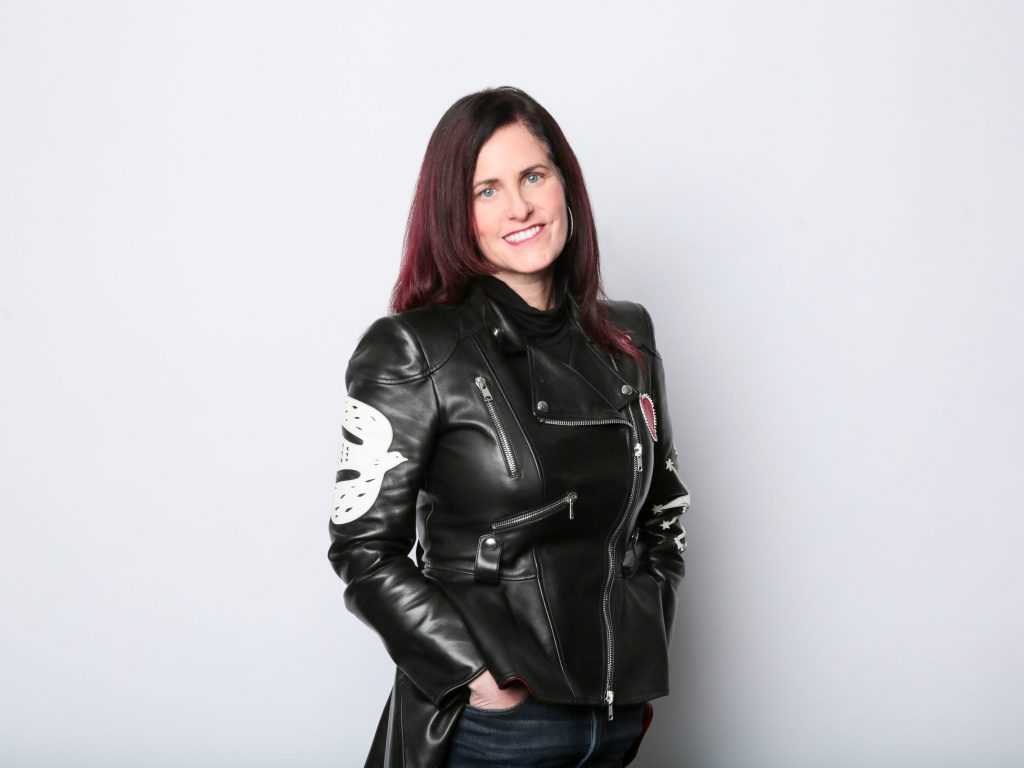- HR executives shared what it's like to have to lay people off.
- One said during her first time of downsizing a company she cried in front of the whole team.
- Another said she took time off after a layoff announcement to focus on her wellbeing.
In light of the economic downturn, it seems like every day there's another big company layoff — Peloton, Netflix, Carvana, Noom, and Better.com, to name a few. While there's always plenty to be heard from frustrated employees and stressed-out CEOs, the HR folks who are managing and implementing layoffs are also feeling the pressure from all sides. Two executives shared what it's like to be on the giving end, and what it's taught them.
"It is very hard to carry the weight of having to take people's jobs away," Colleen McCreary, the chief people officer at consumer fintech company Credit Karma, told Insider. "These are actual humans who have emotions. And families and bills to pay."

Jana Galbraith, the vice president of people experience for the Americas at Xero, a SaaS-based accounting platform, has been on the receiving end of layoffs and also led layoffs at a variety of companies. The first time she was responsible for carrying out layoffs, she said, was in 2013 as the head of HR for Beatport, an ecommerce music platform, when it was acquired by another company. The new company wanted to partner with a different company for software and IT, so she was tasked with laying off entire teams in Denver and San Francisco.
"I remember getting everyone together in a room in San Francisco and explaining the situation," she said. "We all sat together for three hours and emoted, shed a few tears, and discussed how we were feeling." She said the experience taught her that it's important not to just get the messaging right but to give employees a chance to grieve.
"It was almost like group therapy — everyone supported each other," she said. "It was one of the most positive experiences I've had during a downsizing."

Not every experience has been so positive, however. Another tech company Galbraith worked for had brought on more than 50 people in a short period of time to scale up a new business unit — but within nine months, the business pivoted and eliminated all the roles it had hired for.
"It was extremely difficult news to deliver especially because the business was not a startup or early-stage company," she said. "In the process of recruiting very talented people we had described the opportunity as an exciting one with a fast-growing business unit in an established company. This suggested that it was a safer move than going to an early-stage company."
"In the end, people were shocked and outraged. We had many difficult conversations and the reputation of the company suffered," she added.
Galbraith said that the entire business unit was gathered in one room — some were virtual — to announce what was going to happen.
"We called out the names of those people whose jobs were not affected and asked them to head to a different conference room so we could then discuss the separation terms and severance overview with everyone who was impacted," she said. "As an HR leader, it's upsetting and draining to go through this."
Following the announcement, she said, she took a few days off to care for her wellbeing and recover before jumping back in to handle employees dealing with survivors' guilt. "For weeks following, morale was very low and people began to opt out of the business," she said.
The first time McCreary had to downsize employees, she said, she cried in front of the whole company of 3,000 people. "I blamed myself for not stopping the hiring sooner," she said. "I felt that I didn't advocate well enough for not hiring that many people."
McCreary learned a great deal from that experience, including being prepared for every kind of emotion or reaction from employees, and has since had to do many rounds of layoffs at multiple companies.
"You're in a position that requires a delicate balance of radical candor, where you need to be clear and direct but also caring at the same time. You also need to realize that people take time to process hard decisions and may not actually hear you in the moment, so it's helpful to write everything down," she said.
"If you're following your principles and treat people with dignity, they will accept and respect you later," she added.
Thankfully, McCreary said, she hasn't had to lead layoffs in a number of years.
"The best way to make layoffs less stressful is to not have them at all," she said. "Don't have an all-you-can-hire buffet, be responsible about onboarding, and run a little lean versus too much."
